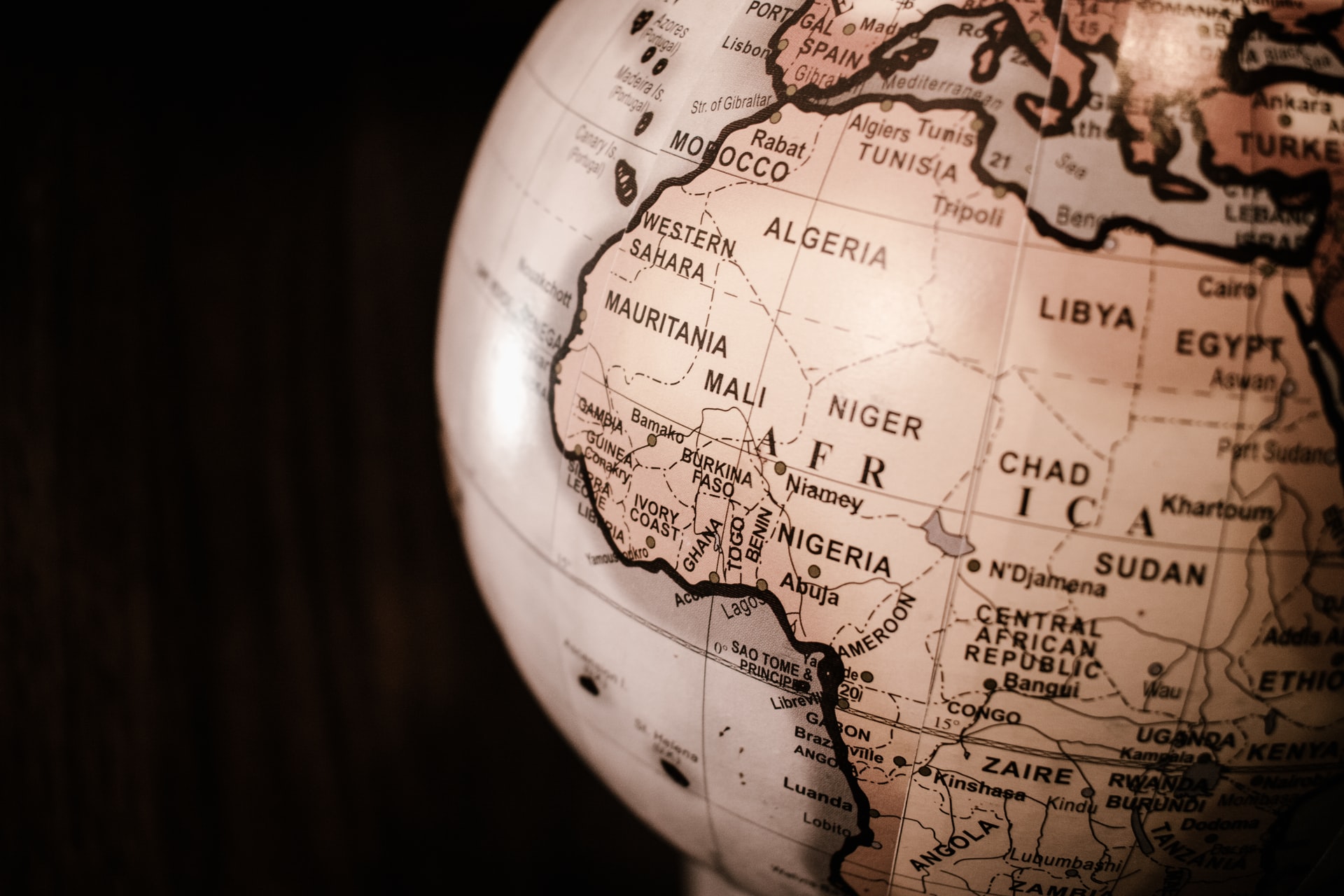Covid, how Europe can really help Africa on health

The speech by Marco Mayer, professor at the Luiss Master in Cybersecurity, former advisor to the Minister of the Interior for Cybersecurity (2017-2018)
In view of today's European Council, Mario Draghi, speaking to the House, said that keeping promises on vaccine donations is not enough. It is essential to help the poorest countries (in Sub-Saharan Africa in particular) to organize themselves so that vaccinations do not stay on paper and doses do not have to be returned to donors to prevent them from expiring.
The vaccines received are, as is well known, seriously insufficient, but what nobody talks about is that in many countries the percentage of those actually administered compared to those available does not reach 30%.
The reason for this dramatic dysfunction is simple. In almost all sub-Saharan African countries, there are no health systems worthy of the name.
Wanting to face the bull by the horns, today's European Council should correct the approach of the Global Gateway (300 billion euros), all aimed at encouraging investments and infrastructures that appear difficult to achieve in countries without decent health facilities.
As for healthcare, we limit ourselves to favoring local pharmaceutical production: a shared goal, but which cannot give results without a functioning healthcare system
How many managers are willing to move and transfer their families to countries where there are no minimum health security conditions?
The European Council should use a significant chunk of the Global Gateway funding to link the vaccine emergency with the strengthening of health systems in African countries. Woe to forget that African leaders come to take care of us, but people don't. Vaccinations and programs to support health systems in Africa are two great opportunities for Europe.
It is also not clear why the Global Gateway rightly supports the need to strengthen African education systems, while for health care only reference is made to funding for the production of vaccines.
In his reply after the debate in the House, Draghi spoke of honesty and effectiveness as an indispensable condition for the success of development aid.
The Prime Minister recalled how in the 1980s Italy was in the top positions for interventions against hunger in the world, but how waste and corruption have wasted so many resources and created distrust in public opinion.
In order to respect the values of honesty and effectiveness, the methods of intervention really count. Compared to traditional bureaucratic and vertical channels, it is time to change course.
It is much more promising to act with horizontal cooperation between an ASL and an African ASL, between a hospital company and a hospital company, between the Faculty of Medicine and the Faculty of Medicine. Just as Euro-African joint ventures are needed to produce drugs and vaccines.
With horizontal cooperation it is much easier to achieve transparency, honesty and concrete results. In this new framework, NGOs could act as a bridge for a multi-year strategy of twinning between African and European structures.
Another fundamental aspect is the role of military missions in Africa. Let us not forget that in Liberia the health activities of the Marines have been instrumental in fighting Ebola. Acting on a security level alone is not enough: without health, economic and social policies, terrorism and the paramilitary gangs that bloodied the African continent cannot be fought.
All the more reason why the dramatic absence of health systems in Africa and the worsening of the pandemic crisis really become one of the central points on the agenda of today's European Council.
This is a machine translation from Italian language of a post published on Start Magazine at the URL https://www.startmag.it/sanita/africa-sub-sahariana-sanita-vaccini/ on Thu, 16 Dec 2021 06:54:00 +0000.
